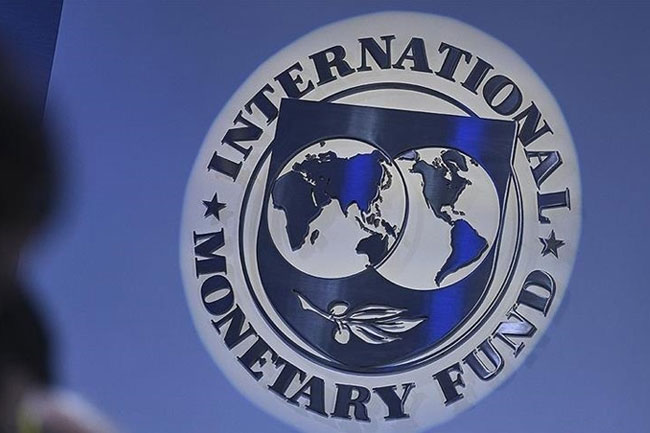IMF urges Sri Lanka to promote investment, diversify exports amid tariff uncertainty
April 25, 2025 06:34 am
The International Monetary Fund (IMF) says Sri Lanka must focus on diversifying its export markets and creating an investment-friendly environment to maintain stability and growth, even as recent tariff changes pose challenges to economic forecasting.
Speaking at the 2025 Spring Meetings of the World Bank Group and the IMF Thursday (24), Krishna Srinivasan, Director of the Asia and Pacific Department, highlighted the complexity added by recent developments in Sri Lanka.
“You know, talking about uncertainty, which the MD mentioned this morning, as you just talked about, the team was in Sri Lanka not too long ago, and they were in the midst of having discussions with the authorities when these tariffs were announced,” Srinivasan said during the Regional Economic Outlook – Asia and Pacific session”, he added.
“So, for the team, it became quite difficult to put together a macro framework, which takes into account the tariffs and the implications they have on growth, on exports, and so on and so forth. So that was an example of how uncertainty can affect just operations with countries. So, the team is back here, and we’ve continued discussions with the authorities.”
He noted that tariffs have a particularly significant impact on Sri Lanka’s key industries. “The broader question is that this is a country which is affected by huge tariffs. There’s a garment sector, there are a lot of the impact on the garment sector could be quite significant. And there are other sectors also here. So the question, of course, is for countries like not just Sri Lanka, but all countries, they need to think in terms of diversification of our export markets, greater integration within the region, all these things can help diversify, can actually help you mitigate the risks which come with tariffs from one country.”
On investment, Srinivasan emphasized the importance of supporting domestic activity without compromising fiscal discipline. “Going beyond that, I think in the case of Sri Lanka, investment can still be propped up. Again, we would say when we say investment, create the environment for domestic investment to pick up, not necessarily through tax exemption incentives, keep your fiscal consolidation, keep your fiscal integrity intact, but promote investment by providing an environment where private investment can flourish.”
He also acknowledged the progress made under the current IMF programme. “The programme has led to a significant amount of macro stability, which has led to growth picking up, inflation coming down. So the time is ripe for Sri Lanka to embark on broader structural reforms, which will promote private investment and get growth going on a more durable basis.”












